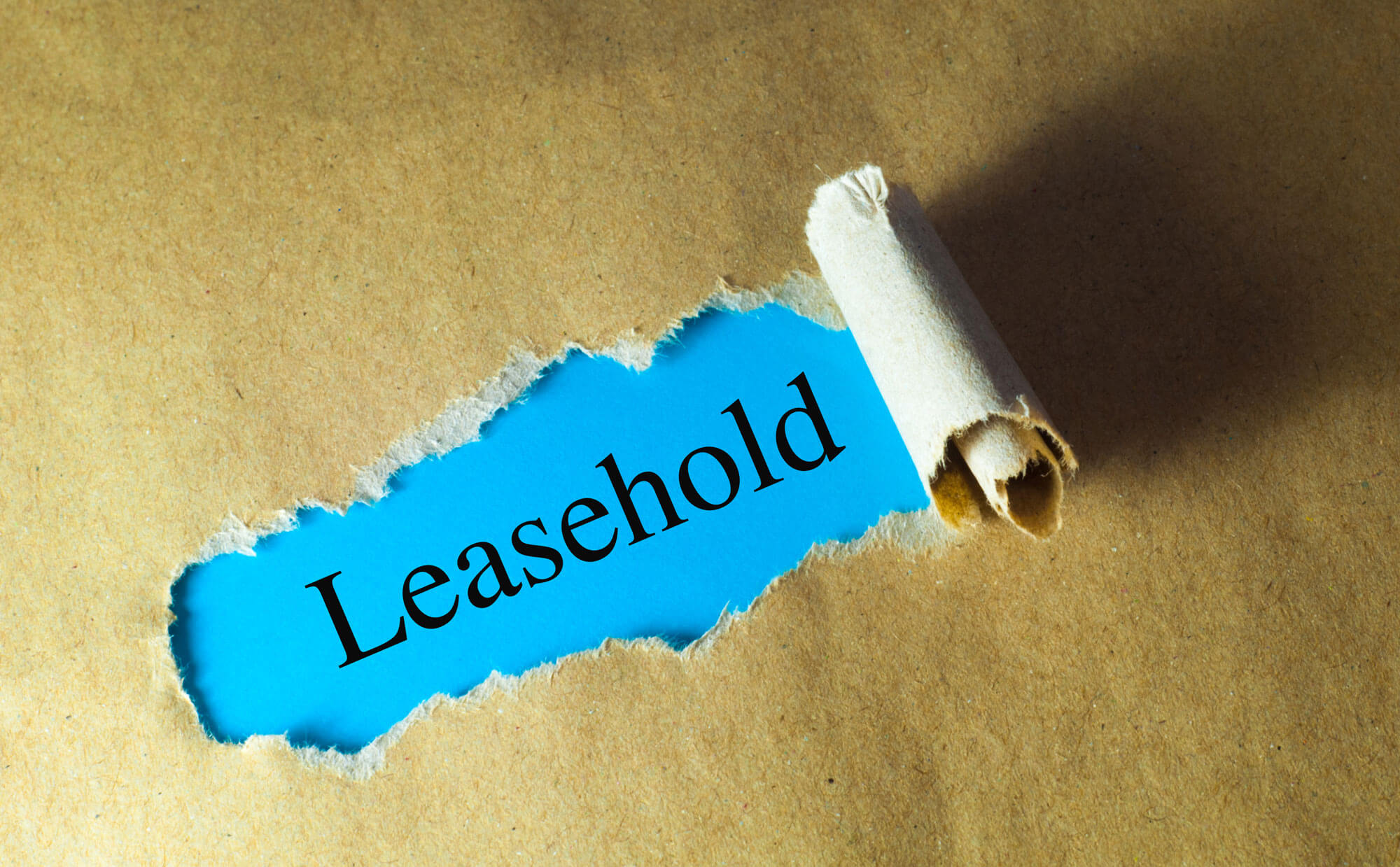Advertisement
The government in England will give leaseholders the right to extend their leases by up to 990 years and pay no ground rent under major new changes due to become law later this year. We take a look at what effects, if any, the new changes have for foreign investors.
What is ground rent?
Simply put, ground rent is exactly that – an additional charge (or rent) paid by home owners of leasehold properties to a freeholder, who owns the land that the property sits on, and ultimately also owns the lease. Usually the freeholder would be the developer who would use the money to recover some of the costs associated with building communal areas in a development, for example.
Ground rent has been around in the UK since the 1800s and, for the most part, the exchange has been pretty simple. In a typical 99-year lease, for example, a leasehold property owner could be expected to pay about £50 a year in ground rent for the first 33 years. The rent might increase to £100 per year for the next 33 years, and then again to £150 per year for the final 33 years of the lease. The increases tend to align with the proposed increase in property value and, in general, the ground rent amount has been deemed to be manageable.
Advertisement
New reforms are the result of the UK’s ground rent scandal
Because there is no set way of determining ground rent, the amount can vary from lease to lease. This loophole gave rise to a ground rent scandal in 2016, after it emerged that property developers were including clauses into leases for new flats and houses that allowed for the ground rent to dramatically rise in later years. In some cases the ground rent rose to as much as £1,000 year, with escalation clauses doubling the rent every five or 10 years.
As a result, home owners were left with huge bills and a leasehold property that was worth almost nothing. The majority of high street banks were reluctant to offer mortgages on these homes, meaning selling them was also not an option.
The new reforms, which were recommended by the UK’s Law Commission, are designed to help make home ownership fairer and more secure for the 4.5 million people in England who own their homes and flats on a leasehold basis. Home owners of existing leasehold houses and flats will be able to extend their leases by up to 990 years and pay zero ground rent, while any new retirement properties will now be sold without a ground rent at all.
The changes will give leaseholders much more control over the property they live in and save them a fair penny in the process. It will also give them the added bonus of realising the dream of buying their leasehold property outright, and thus owning their own home.
What does this mean for South African investors?
The changes are only likely to come into effect next year at the very earliest, so nothing will change for the time being, and it will be a while before the real effects of the changes can be fully measured.
South Africans who already own leasehold property in the UK should look at their existing lease terms and ground rent amounts. If your lease is nearing expiry, it may be a good idea to start making provisions to extend it.
At the moment, the process of extending a lease is costly (about £5,000 just for the premium and then another £2,000 for legal fees and taxes), but the UK government is looking at ways of reducing these costs by changing the way the premiums are calculated. Look out in the next few month for an online calculator that will help leasehold property owners to calculate how much it will cost to buy out their freehold outright, or to extend their lease.
If you don’t currently own property in the UK but are thinking of investing in a new build, you will definitely benefit from the proposed changes. However, remember that under the new scheme, the responsibility of maintenance costs in communal areas will now lie with the leasehold property buyer, as will the requirement of ensuring that the building has a valid fire risk assessment and adheres to all health and safety protocols, as prescribed by law.
Both of these would have previously been the responsibility of the developer or freeholder, but under the new rules, this liability transfers to the home owner. As a worst-case scenario, you, as the home owner, may be prosecuted if, for example, a fire were to break out in the communal area of an apartment block.
Are the reforms a good thing?
It short, it’s too early to say. Many property developers already started using new models that do not include ground rents soon after the ground rent scandal came to light, so they won’t really be affected. Nonetheless, there are some, especially in the retirement sector, that still rely on the income from ground rent and, as a result, there is a possibility that the new reforms may push up sale prices of new-build homes.
Property investors might also want to glance across the UK border into Scotland, where the leasehold property model was abolished entirely in 2012. Although this is a good thing on paper, the Scottish reform caused thousands of buildings to quickly fall into disrepair as home owners struggled to fund maintenance projects as well as keep up with household expenses.



